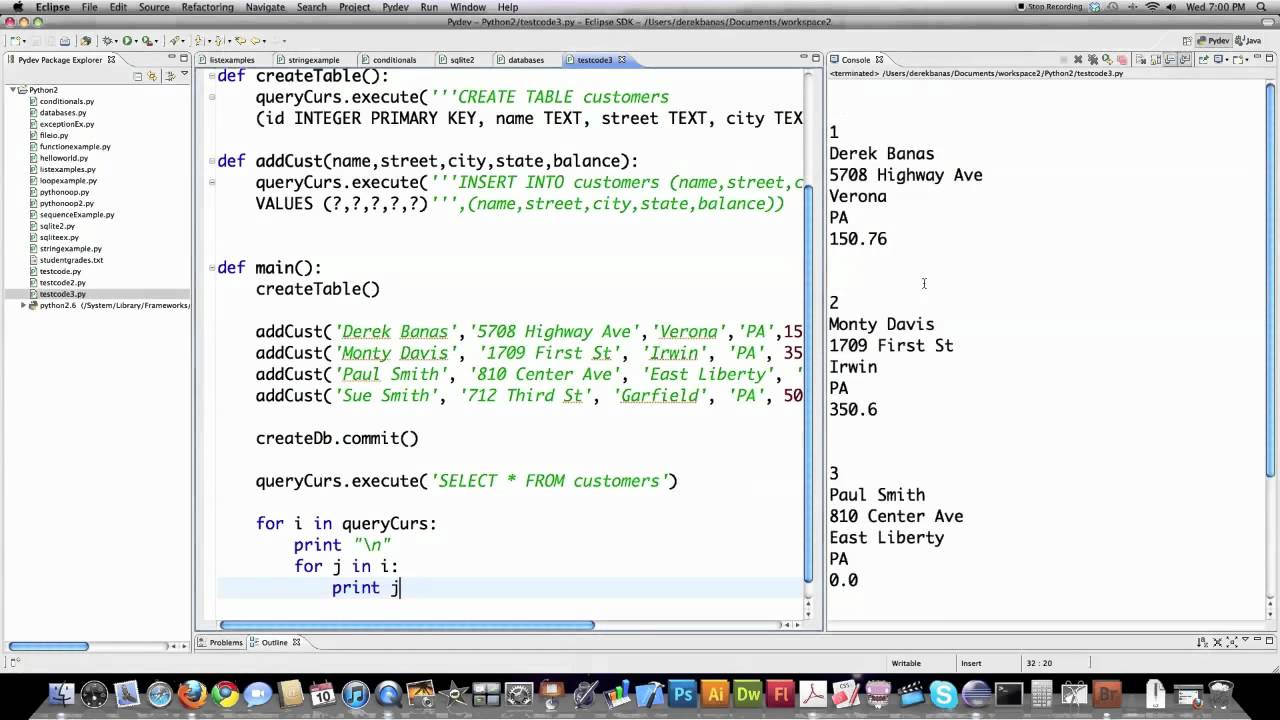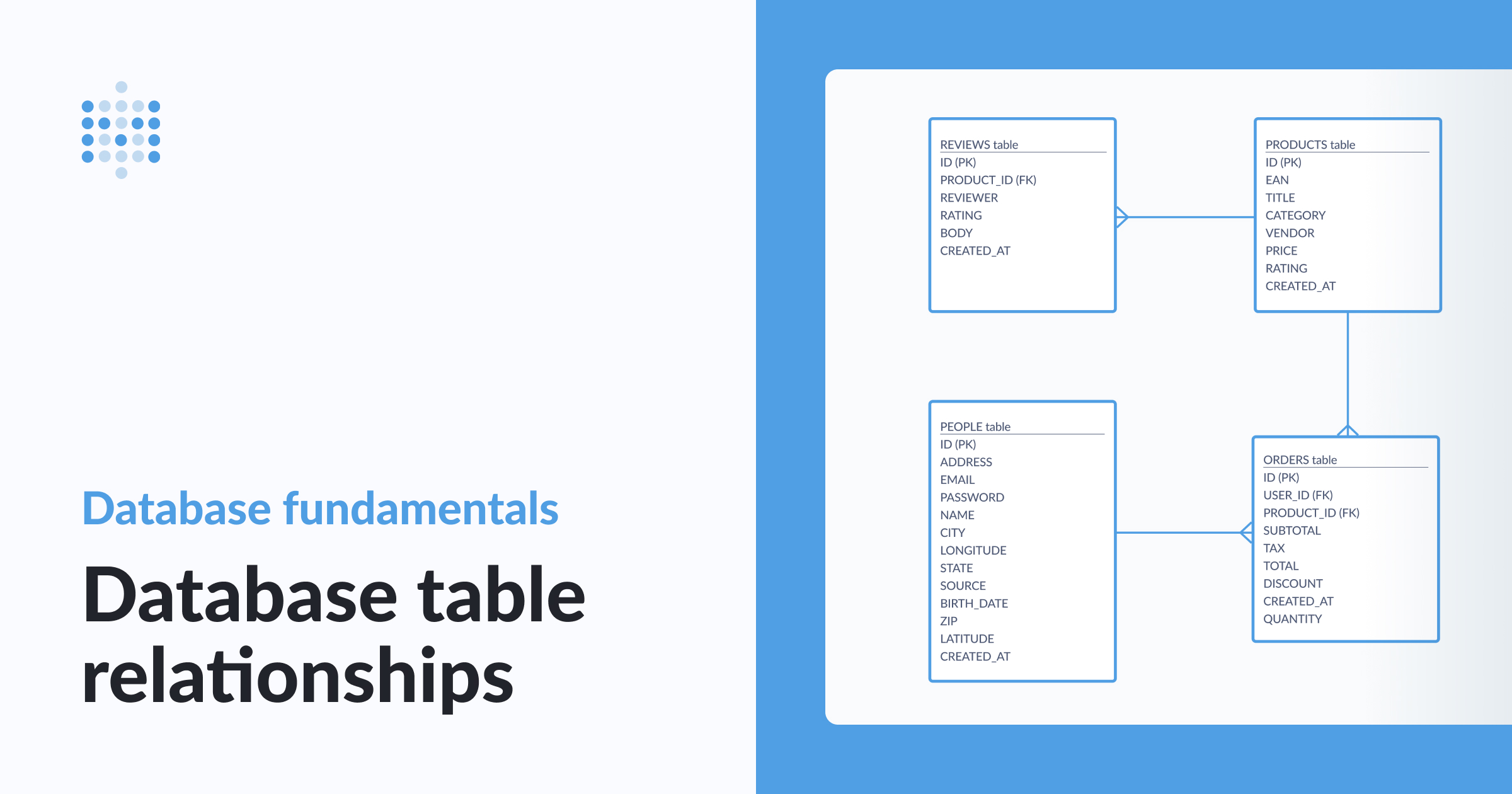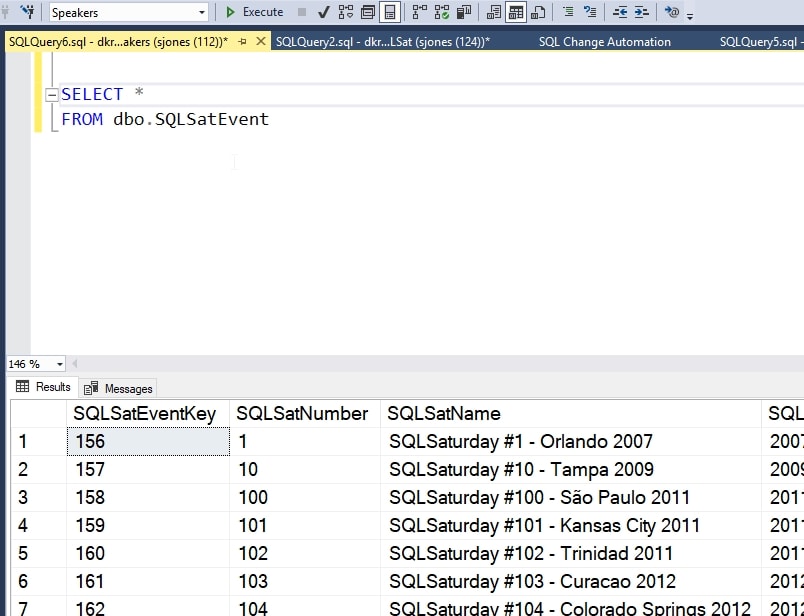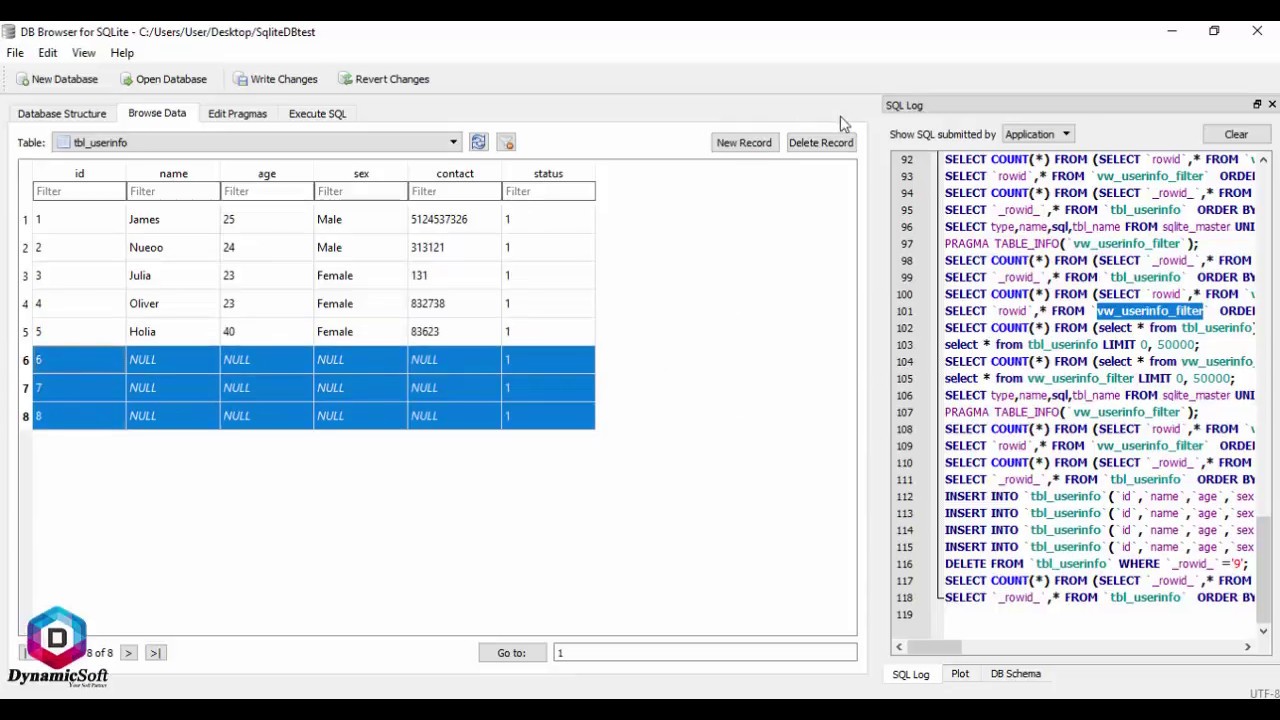
SQLite in Python: A Practical Guide for Developers
SQLite is a lightweight, serverless, and self-contained SQL database engine that is widely used in applications requiring a local database. In Python, SQLite is seamlessly integrated, making it an excellent choice for projects that need a simple and efficient database solution.
Setting Up SQLite in Python
First, ensure that you have SQLite installed on your system. Python comes with SQLite support out of the box, so no additional installation is required. You can start using SQLite in your Python code by importing the built-in sqlite3 module.
 Setting up SQLite in Python
Setting up SQLite in Python
Creating a SQLite Database
To create a new SQLite database or connect to an existing one, use the connect() function, passing the name of the database file as an argument.
Creating a Table
After connecting to the database, you can create tables using SQL CREATE TABLE statements. Each table should have a unique name and a set of columns with specified data types.
 Creating a table in SQLite
Creating a table in SQLite
Inserting Data
Once the table is created, you can insert data into it using SQL INSERT INTO statements.
Querying Data
To retrieve data from the database, you can execute SQL SELECT statements and fetch the results.
Updating and Deleting Data
SQLite supports features like SQL UPDATE and DELETE, which can be used to alter database records.
 Querying data in SQLite
Querying data in SQLite
Conclusion
Handling databases in Python applications can be performed effectively and with less overhead by using SQLite. In instances where the project requires a local database, there is no doubt that SQLite offers valuable features such as an integrated Graphical User Interface and easy usage, making it the best option.
 Mastering SQLite in Python
Mastering SQLite in Python















